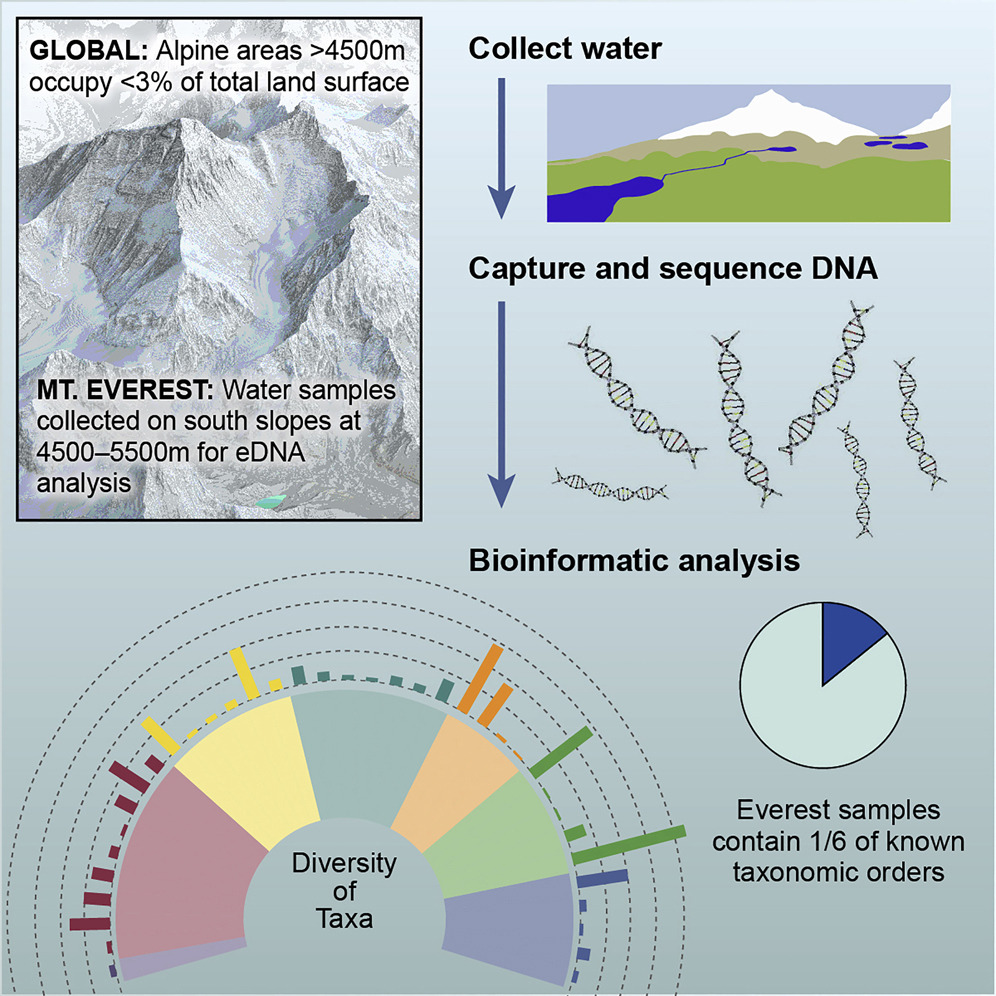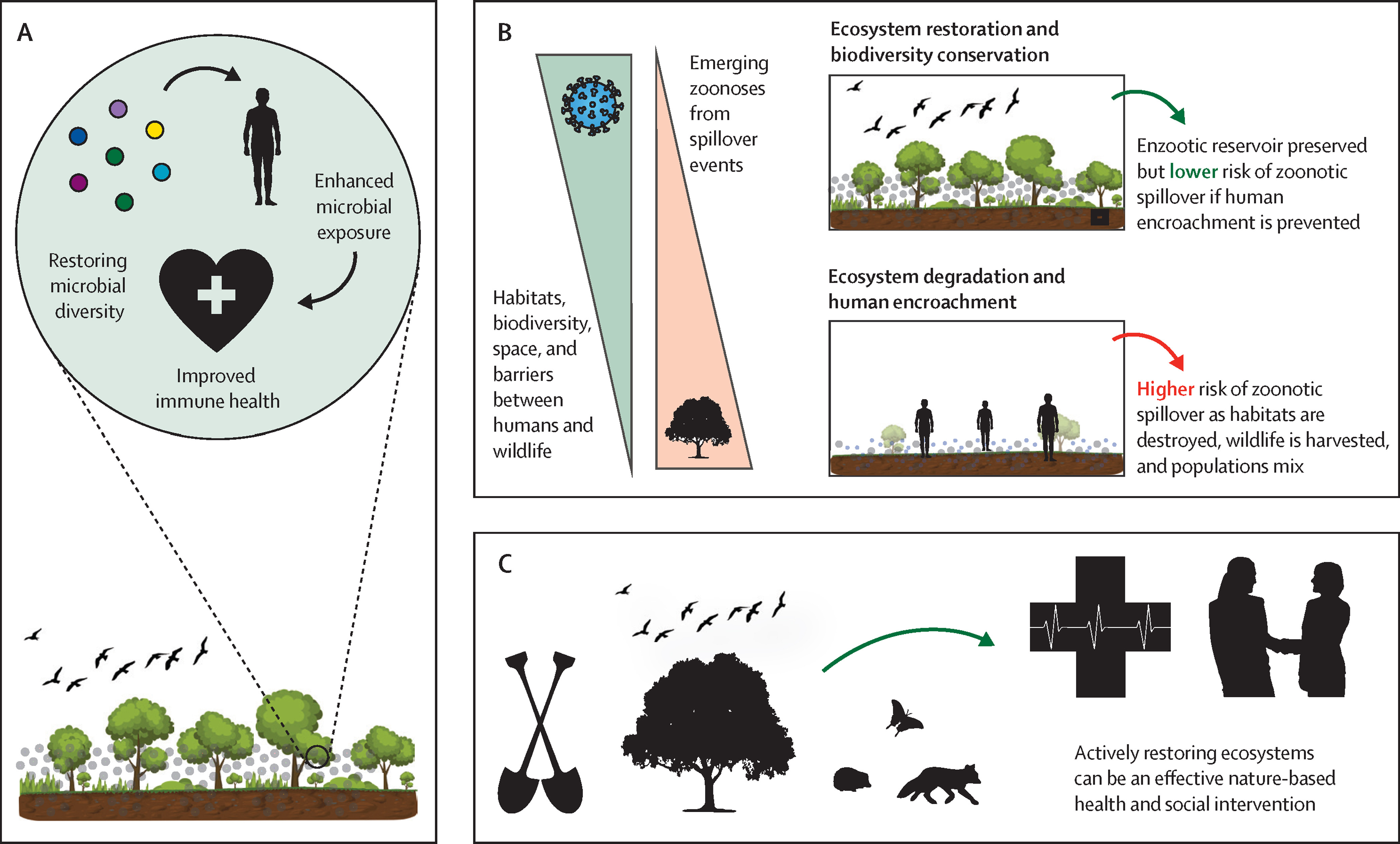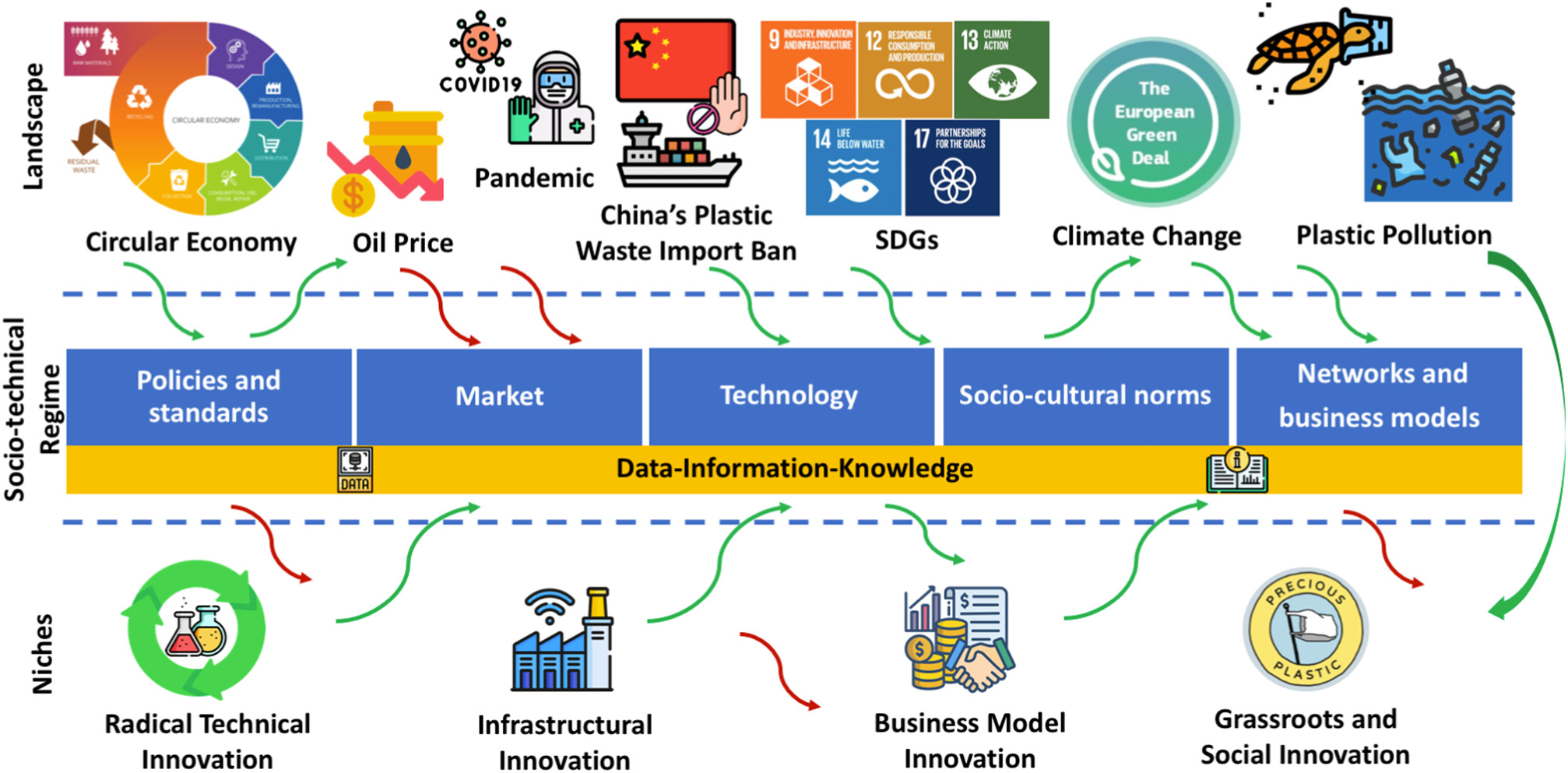Elsevier, eClinicalMedicine, Volume 51, September 2022
This Article supports Sustainable Development Goal 3 by developing projections of the economic burden of Alzheimer's disease and related dementias, up to 2050. The study predicts that the burden will be $16.9 trillion in 2050, compared with $2.8 trillion in 2019. The authors note that more funding is needed for research into prevention and treatment of Alzheimer's disease.
Elsevier, The Lancet Psychiatry, Volume 9, September 2022
This Article supports SDGs 3 and 10, assessing the effects of genomics, inheritance, and socioeconomic deprivation on neuropsychiatric risk in children with intellectual disabilities. The study shows that children with genomic variants and intellectual disability are at increased risk of neuropsychiatric difficulties.
Elsevier,
iScience, Volume 25, 16 September 2022
This work is the first comprehensive eDNA biodiversity survey conducted on Earth’s highest mountain, Mount Everest. Species composition in high-alpine ecosystems is a useful indicator for monitoring climatic and environmental changes at the upper limits of habitable environments, which highlights the potential importance of this study to future works in this area.
Elsevier,
Sustainable Production and Consumption, Volume 33, September 2022
A system transition is required to reach greater circularity in the production and consumption of plastics and the achievement of SDG12. This paper has addressed a key gap in the literature, related to the role that data-information-knowledge play in hindering progress towards that transition.



